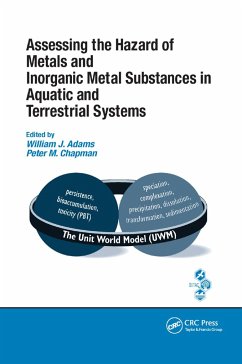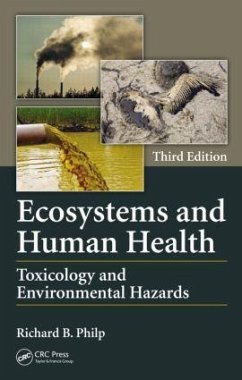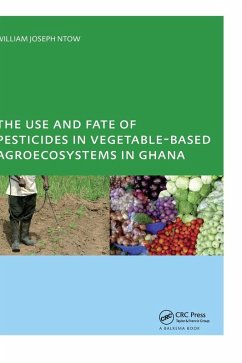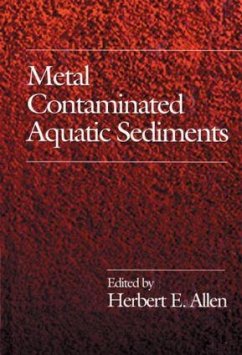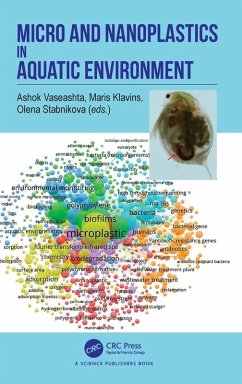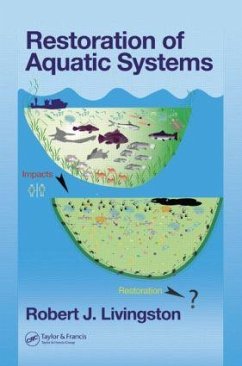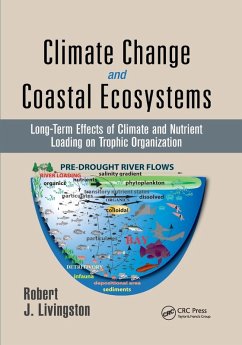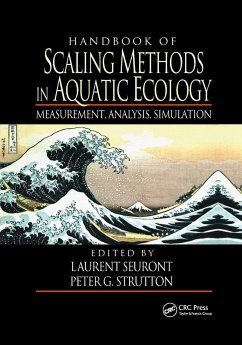About the Editors Dr. Prem Chandra Pandey is an Assistant Professor at the Shiv Nadar Institution of Eminence (Deemed to be University), Greater Noida, India. He was associated with Tel Aviv University as Research Scientist and with Banaras Hindu University as Post-Doctoral Scientist. Dr. Pandey received his Ph.D. degree from the University of Leicester, United Kingdom, under the Commonwealth Scholarship and Fellowship Plan, Association of Commonwealth Universities. Dr. Pandey is the recipient of several international and national awards like Inspire, Malviya Gold medal, DST-SERB, UGC-MHRD, and Tel Aviv University fellowship. He is serving as editorial member for the journals, International (Taylor & Francis), Sustainable Development (IF- 12.5 Wiley), and associated with Remote Sensing (MDPI) as topic editor. He has authored over 60 research articles and edited more than eight books and 25 book chapters. Dr. Prashant K. Srivastava is a faculty at the Institute of Environment & Sustainable Development, Banaras Hindu University. He was previously affiliated with the Hydrological Sciences, NASA Goddard Space Flight Center as a research scientist on SMAP satellite soil moisture retrieval algorithm development, instrumentation, and simulation for various applications. He received his Ph.D. degree from the Department of Civil Engineering, University of Bristol, Bristol, UK. Prashant was the recipient of several awards such as NASA Fellowship, USA; University of Maryland Fellowship, USA; Commonwealth Fellowship, U.K. He has published over 140 research articles, seven books, and over 100 chapters. Dr. Sanjeev Kumar Srivastava is a Senior Lecturer, Geospatial Analysis, University of Sunshine, Australia. He teaches and coordinates spatial science courses which include geographical information systems (GIS) and remote sensing and surveying courses that are part of Geospatial Analysis Minor. He obtained his Ph.D. degree in Geographical Sciences from The Australian National University where he tested several spatial models for predicting fish species' distribution in the inland aquatic ecosystem. Dr. Srivastava has worked with different organizations including the Australian Defence Force Academy, Bureau of Rural Sciences, The World Fish Centre, National Bureau of Fish Genetic Resources, and several locations at the Australian National University.







